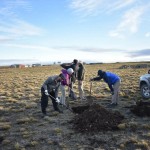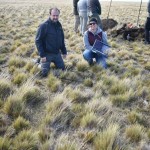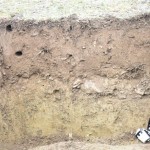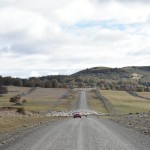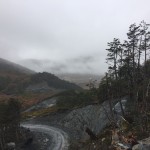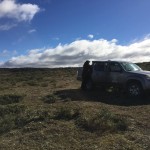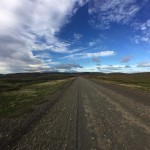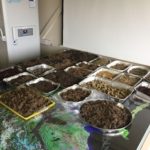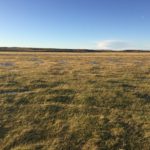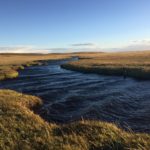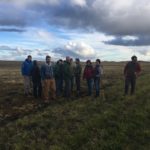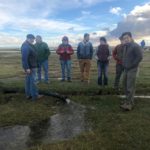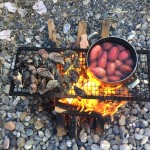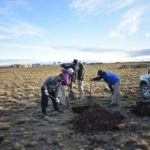Susan Massar

Cattle in the Trees: Silvopastoral Systems in Chilean Patagonia
-
Project Proposal:
I propose evaluating the grazing potential of silvopastoral systems in the Magallanes Region of Chilean Patagonia. My research will focus on cattle grazing in forests dominated by ñirre (Nothofagus antartica), a native tree species highly valued for its ecological and cultural importance. Preliminary findings suggest that ñirre forests can be just as productive as open prairies and may even produce higher quality forage.1 Although this seems promising, further research is yet needed to determine management practices that optimize livestock production while allowing ñirre to successfully regenerate. In order to complete this project, I will work in close collaboration with Dr. Máximo Alonso, professor of animal production at the Universidad Austral de Chile (UACh) in Valdivia, Chile, during the academic year of March through November 2019. He is part of a larger research team developing grazing guidelines for ñirre forests. I also intend to enroll in graduate level courses at the UACh. Upon completion of my Fulbright grant, I will endeavor to publish my work.
Food security and resource conservation are global concerns that require international collaboration and innovation. Silvopastoral systems offer a way to improve livestock production in southern Chile while also protecting forest resources, thus preserving the region’s rich cultural heritage. I am excited not only to gain insight into the ñirre-livestock dynamic but also to see potential application of new agroforestry techniques as far away as the Rocky Mountains. As I travel, I carry rural Montana with me and treasure the privilege of representing a place many people have no idea exists. In turn, I get to make connections across borders, develop a more nuanced view of the world, and share my story with individuals from back home. As a Fulbrighter, I will endeavor to facilitate this exchange of experiences and to make our more connected world a more unified one, as well.
-
Proposal:
-

